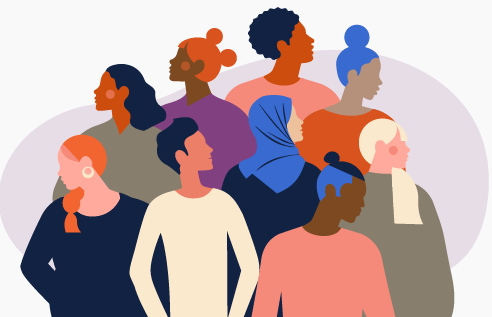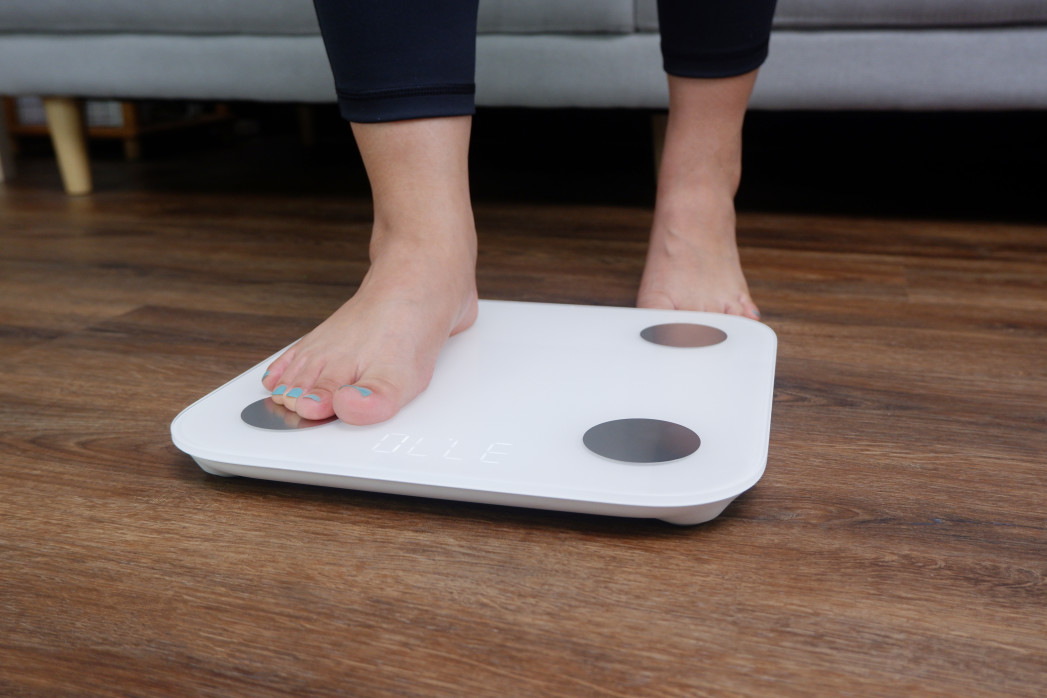For Many, Eating Disorders Are Made Worse by the Pandemic
 When the novel coronavirus began spreading nationwide, prompting restrictive lockdowns and fueling pervasive feelings of loneliness, anxiety, depression and stress, it didn’t take long for Marita Cooper and other experts who specialize in eating disorders to see the pandemic’s effects on their patients.
When the novel coronavirus began spreading nationwide, prompting restrictive lockdowns and fueling pervasive feelings of loneliness, anxiety, depression and stress, it didn’t take long for Marita Cooper and other experts who specialize in eating disorders to see the pandemic’s effects on their patients.
Beyond the broad mental health impacts linked to the sudden disruption of lives and widespread isolation, coronavirus-related restrictions created specific factors that could put people with eating disorders at increased risk, said Cooper, a postdoctoral fellow at Johns Hopkins University.
“Unfortunately, a lot of the things that we suggested at the time are the things that people are struggling with,” Cooper said. Though food access challenges may be less of a worry now, she noted the pandemic has still unleashed a “cascade of problems” on many of the estimated 28.8 million people in the United States who will have an eating disorder in their lifetime, about 9 percent of the country’s population.
“A lot of people seem to be getting worse,” Cooper said, and some may even be developing eating disorders for the first time because of pandemic-related stressors. “I wouldn’t be surprised if future epidemiological studies find an increased prevalence during 2020.”
Since the beginning of the pandemic, the National Eating Disorders Association (NEDA) has been inundated by people looking for support, said Lauren Smolar, the organization’s senior director of programs. In November, Smolar said NEDA saw a 72 percent increase in online chats and a 10 percent rise in calls compared with the same period last year. And the association is anticipating yet another surge around the upcoming holidays, a historically difficult time for people with eating disorders.
Here’s how experts say people who are struggling during this pandemic can get help.
Reach out early
Do not try to handle an eating disorder on your own, said Michael J. Devlin, a professor of clinical psychiatry at Columbia University’s Vagelos College of Physicians and Surgeons.
Seeking help early could also keep an unhealthy behavior from becoming a disorder, said Cynthia Bulik, founding director of the Center of Excellence for Eating Disorders at the University of North Carolina at Chapel Hill.
Be aware of available support options
If you are looking for help with unhealthy eating behaviors, there are a variety of channels you can go through. On its covid-19 resources page, NEDA provides links to online support groups and forums as well as information on how to access the helpline.
Establish connection and a healthy routine
Eating disorders thrive in isolation, and social support is critical for recovery, Bulik said. People around you, whether it’s your family, friends or treatment team, can help hold you accountable. If you aren’t seeing them or having regular contact, it’s “easier for the eating disorder to go into secrecy mode.”
It’s important to schedule time to engage with loved ones as part of your daily routine, Cooper said, so you aren’t “sitting at home for endless amounts of time.”
Excerpted from “For many with eating disorders, pandemic set off ‘cascade of problems.’ Here’s how to get help.” in The Washington Post. Read the full article online for more details on each of the recommendations.
Source: The Washington Post | For many with eating disorders, pandemic set off ‘cascade of problems.’ Here’s how to get help., https://www.washingtonpost.com/lifestyle/wellness/eating-disorders-help-covid/2020/12/11/7c201cc8-3aed-11eb-9276-ae0ca72729be_story.html
A screening can help you determine if you or someone you care about should contact a mental health professional. CHC teletherapy services are available now. Call or email our Care Managers at 650.688.3625 or careteam@chconline.org to set up a free 30-minute consultation appointment.





